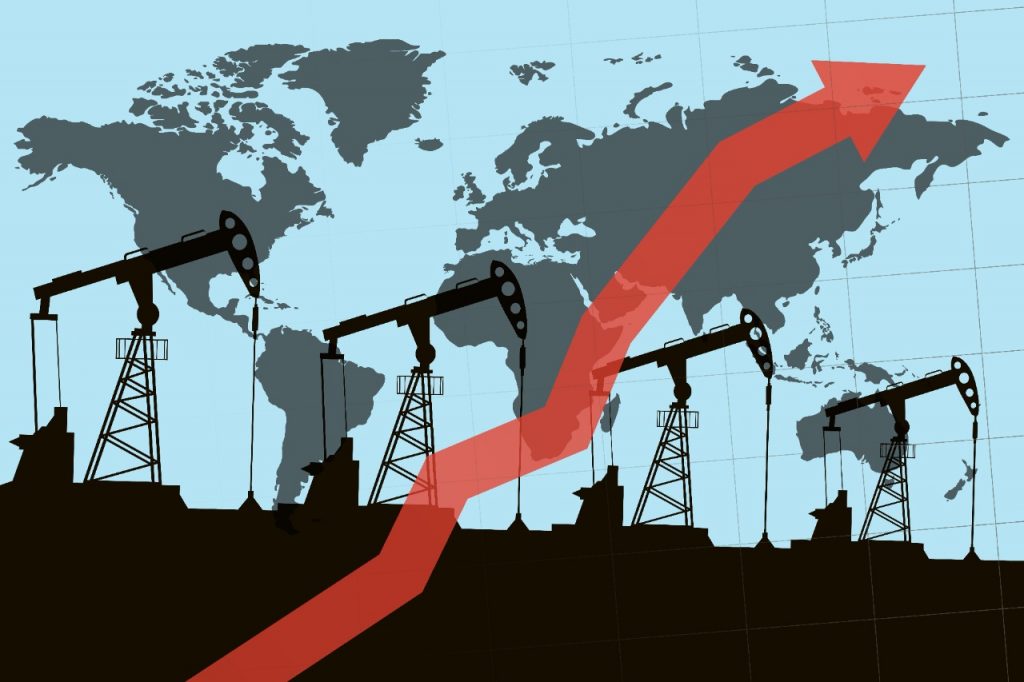10 june

World oil prices may rise to record highs, reports Interfax news agency with reference to the head of Trafigura, one of the world's largest independent oil traders, Jeremy Weir. The current state of energy markets is critical, as sanctions against Russia have exacerbated the problem of supply shortages created by many years of insufficient investment in the sector, Weir said, speaking at the FT Global Boardroom conference on Tuesday.
"The situation is critical," he said. – I really think we're going to have problems in the next six months, (...) when it comes to this parabolic state, the market may shift and prices may really rise a lot."
A parabolic state is usually called a situation when prices jump to record levels in an already growing market, which looks like the right side of a parabolic curve on the chart, the Financial Times newspaper notes. Weir added that he sees a high probability of oil prices rising to $150 per barrel or higher in the coming months amid changes in energy flows due to Russia's redirection of oil exports from Europe.
The price of August Brent crude futures on the London ICE Futures exchange by 12:50 Moscow time on Wednesday is $121.61 per barrel. The record value of this grade – $147 per barrel – was recorded in 2008. Vier noted that rising prices for other raw materials, including copper and lithium, will also put pressure on the pace of global economic growth, which will eventually lead to a recession.
"If very high energy prices persist for some time, we will see a decrease in demand. It will be problematic to withstand such a price level and maintain economic growth," he believes.
The expert added that oil production in Russia has already decreased by 1.3 million barrels per day, which is more than 1% of global demand. At the same time, the Russian Federation also reduced the production of petroleum products, including diesel fuel and gasoline, by about the same amount, he noted. In addition, there is a possibility that oil production in Russia will continue to fall due to the decision of the European Union to impose an embargo on part of energy supplies from the country.
According to Weir, Trafigura has mostly curtailed trade ties with Russia, which previously accounted for 6% of its global business.
Illustrative photo from open sources

